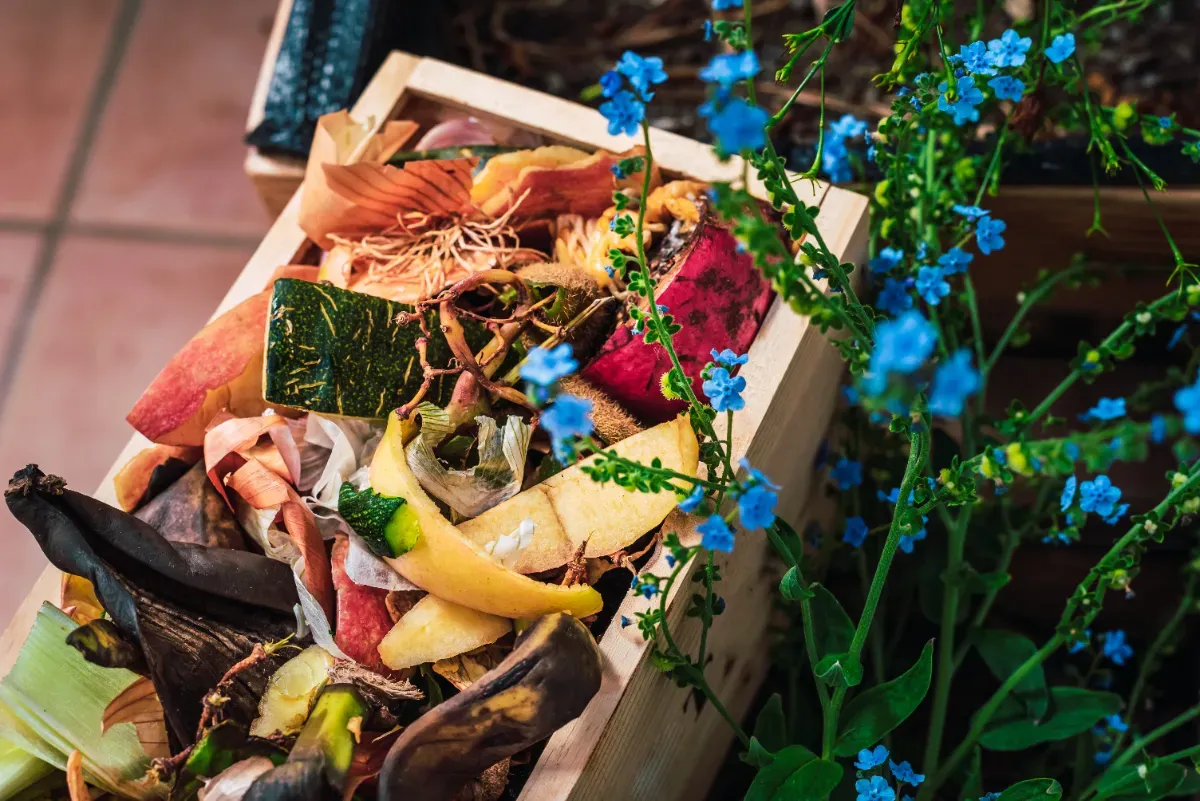Still Throwing Away These 6 Waste Items? They’re Actually the Best Natural Fertilizer in the World

Nowadays, with the world going green, finding smart ways to handle household waste is more important than ever. One neat trick is using your kitchen leftovers for your garden. This method not only cuts down on trash but also boosts your soil, encouraging healthier plant growth. By knowing how everyday items like coffee grounds, eggshells, and vegetable peelings work for your garden, you can save money while helping the environment.
Coffee Grounds: The Garden’s Hidden Ally
Coffee grounds often fly under the radar as a gardening resource. Packed with nitrogen, phosphorus, and potassium, they work as a natural fertilizer that feeds your plants well. When you mix them into the soil, they improve aeration and drainage, which helps roots expand. On top of that, their earthy smell and coarse texture tend to keep unwanted guests like snails, slugs, and ants away.
Adding coffee grounds, whether tossed into your compost or mixed directly into the soil, can improve the structure beneath your plants while keeping pests off their backs.
Eggshells: Your Calcium Boosters
Before you chuck those eggshells, think about all they have to offer. Loaded with calcium, these everyday scraps not only fend off nutrient shortages but also support strong plant development. Crumble them up and sprinkle around your plants, and you’ll find they help keep nuisances like snails and slugs at bay.
Tossing eggshells into your compost also ups its nutritional content, giving your garden soil a healthy kick. By using eggshells wisely, you help your plants get the best nutrients while naturally keeping some pests away.
Veggie and Fruit Peelings: Composting Champions
Instead of tossing vegetable and fruit peelings, consider putting them to work in your compost. As these organic bits break down, they create a rich humus that lifts your soil’s fertility. For anyone into vermicomposting, these peelings serve as a wonderful treat for earthworms in worm bins. The end result is a liquid fertilizer that gives your plants a boost.
When you add peelings to your compost or worm setup, you’re joining a smart cycle that lifts your garden while cutting down on kitchen waste.
Banana Peels: Potassium Powerhouses
Those banana peels you usually discard have a hidden perk for your garden. Chock-full of potassium—a key nutrient that sparks flowering—they can be added straight into your soil or compost pile. This simple move naturally ramps up potassium levels in your garden.
Using banana peels not only supports your plants but also shows how kitchen leftovers can turn into handy garden helpers.
Wilted Veggies: Liquid Fertilizer Magic
Don’t toss out wilted veggies like carrot tops or radish greens just yet—they can be transformed into a handy liquid fertilizer. By soaking these greens in water over several days, you create a brew you can use to water your plants. This method not only feeds your garden but can also help plants fend off common ailments.
This creative trick gives your garden extra nutrients and helps your plants stay hearty and vigorous.
Tea Bags & Herbal Infusions: A Nutrient Boost
Used tea bags and herbal infusions can also work wonders for your garden. You can mix them directly into your garden beds or add them to your established compost heaps. Even these little leftovers hold the right elements to keep your plants’ roots strong and promote year-round blooms, no matter the season.
Using your kitchen leftovers in these ways not only benefits your garden but also lets you feel good knowing you’re turning waste into something really useful for the planet.